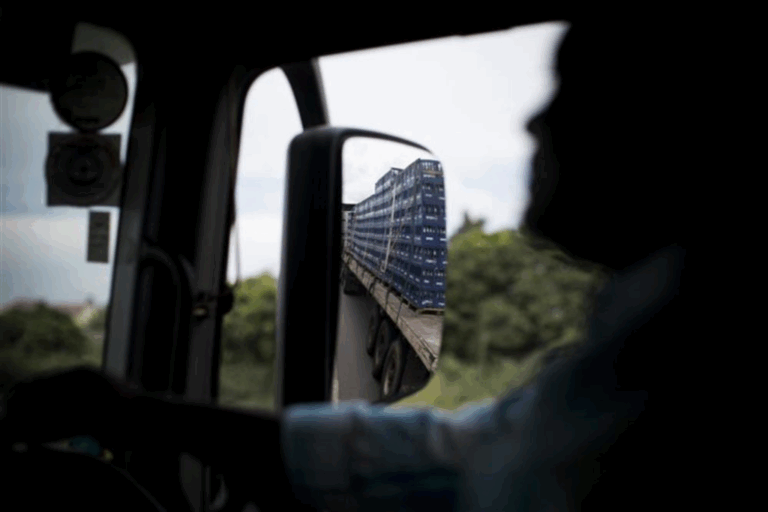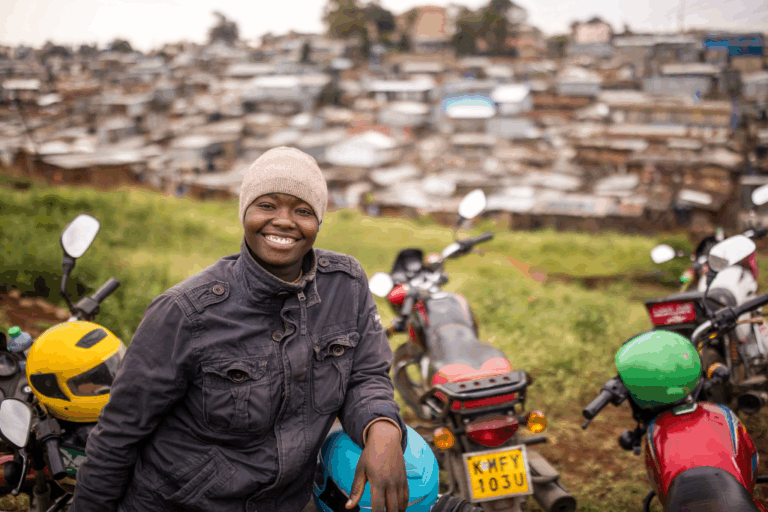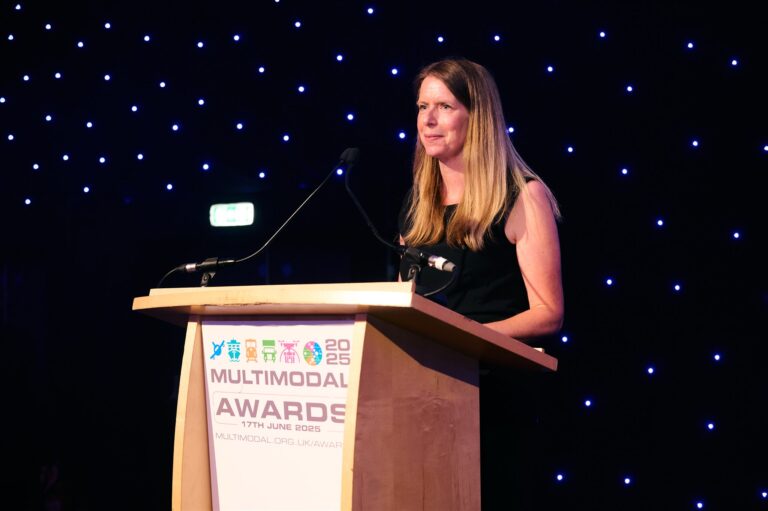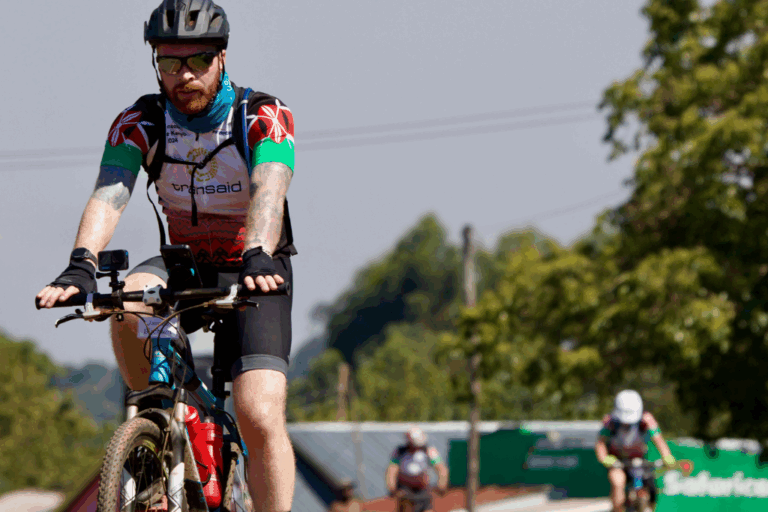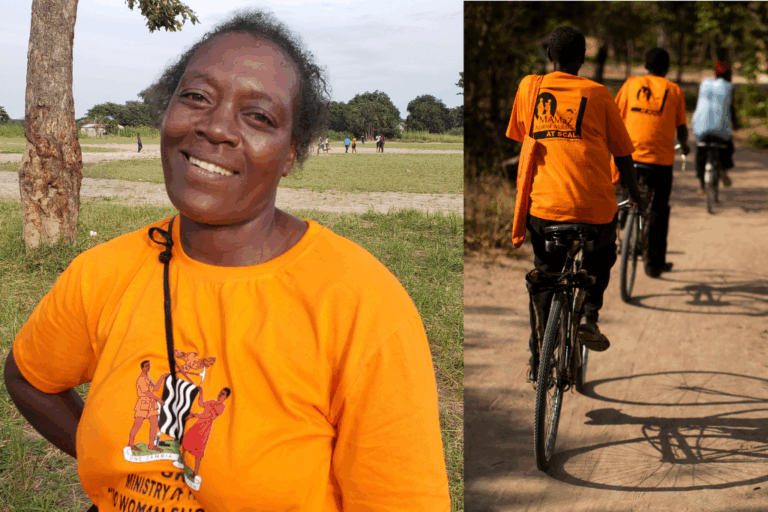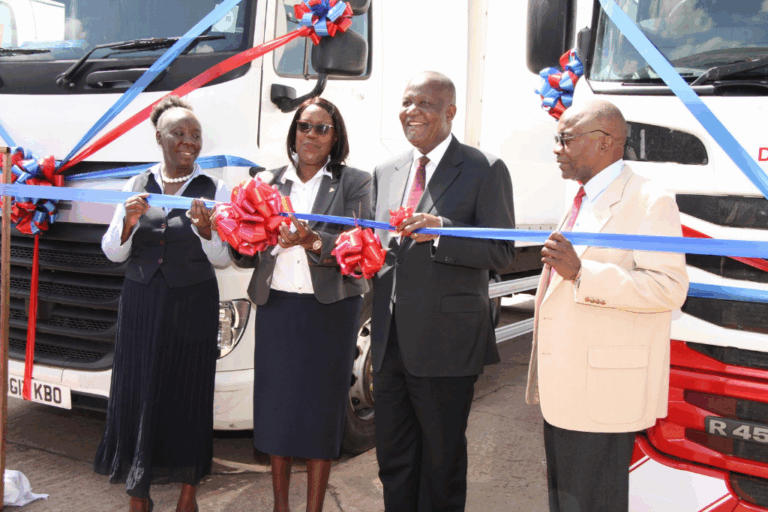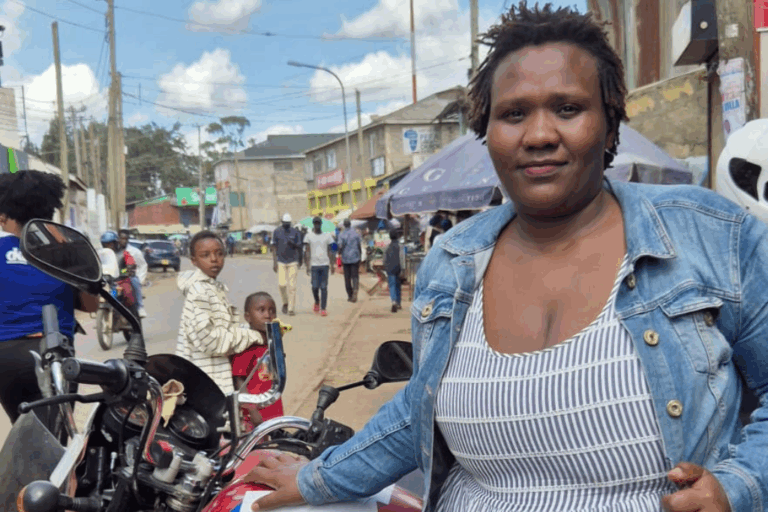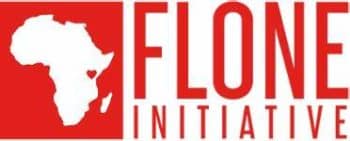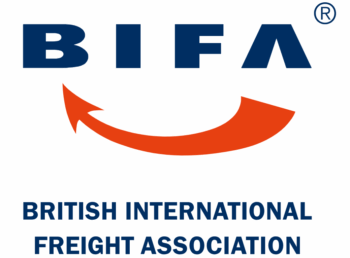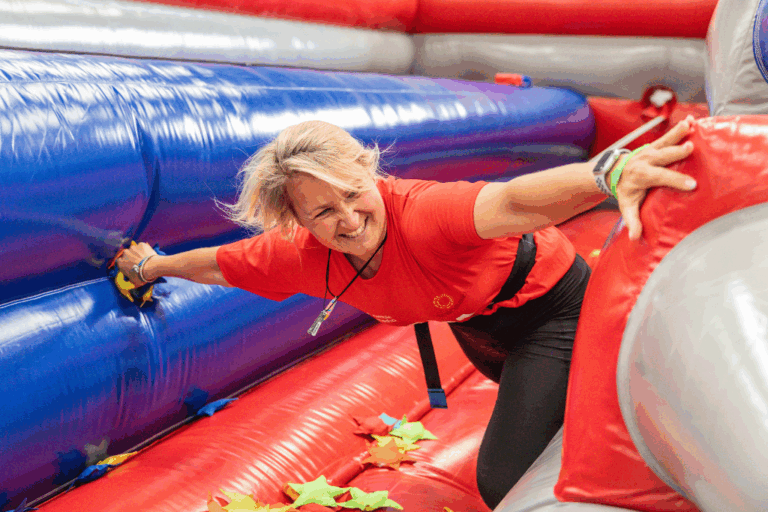
News
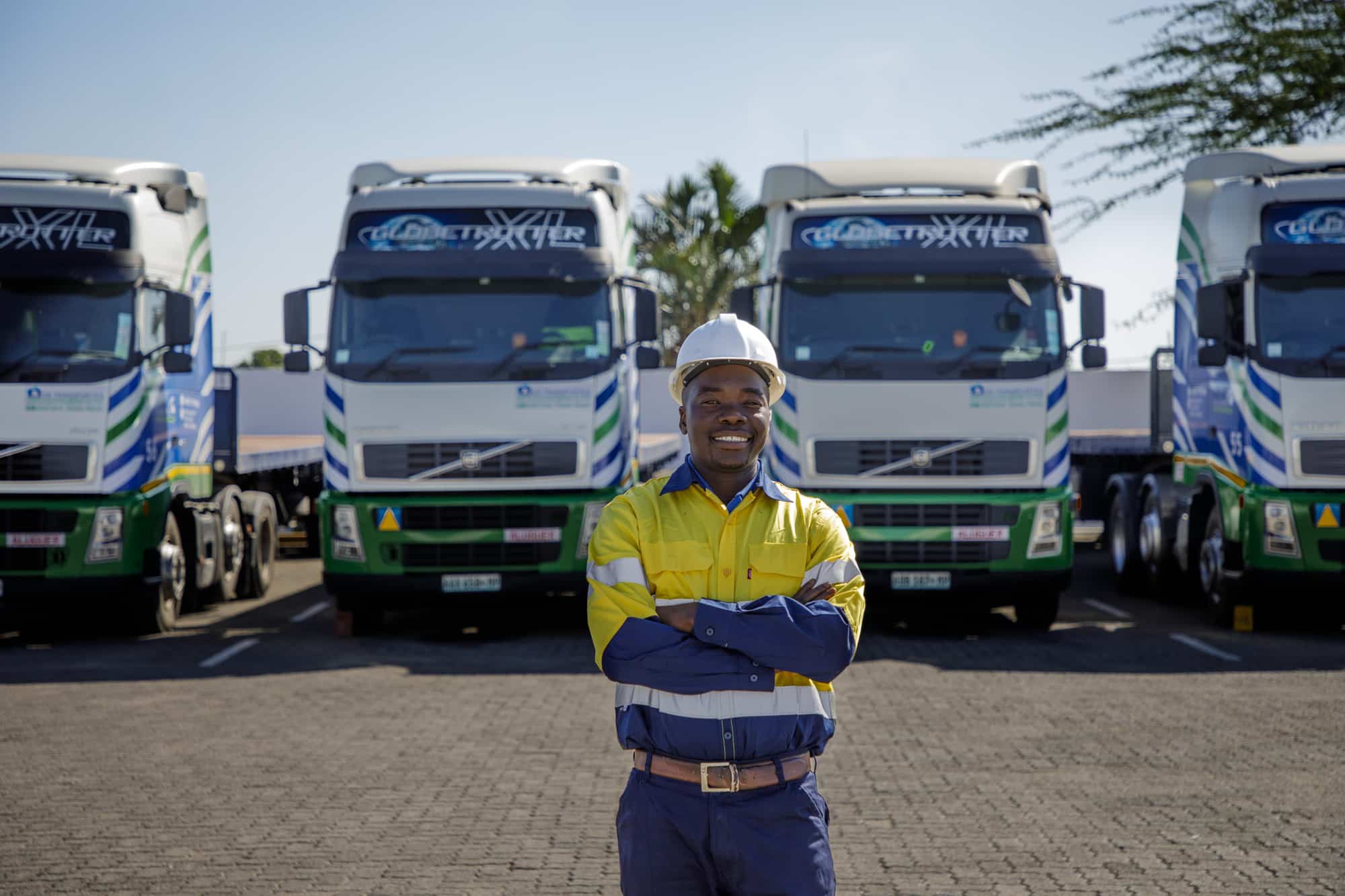
After a tragic loss, Brenda was determined to help her community access medical care.
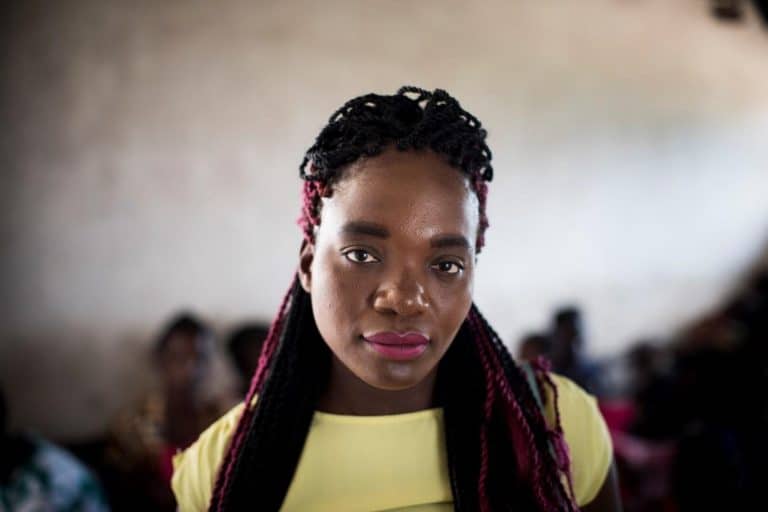
Now she’s combatting COVID-19 with MAM at Scale.
Community Health Volunteers (CHVs) are the backbone of the health system in rural Zambia, where they provide invaluable health advice to their communities, which are located prohibitively far from health facilities. Before the pandemic, CHVs were a vital part of our MAM at Scale programme, combatting malaria in their community by educating families on the danger signs of severe malaria and administering RAS (rectal artesunate suppositories), a pre-treatment for children with suspected severe malaria.
CHVs are a trusted voice in their communities, so it was natural that they would form the cornerstone of MAM at Scale’s COVID-19 response. To meet the challenges of the pandemic, the MAM at Scale team has orientated nine Community Facilitators on COVID-19, who have in turn trained 1,379 CHVs, who will help keep their communities safe during the pandemic.
Meet Brenda, a Community Health Facilitator at Kabamba Health Facility in Serenje District.
Brenda Kunda is a Community Facilitator with MAM at Scale. A tragic experience in Brenda’s life eventually led to a positive change, not only for her, but for her family and her entire community. In 2004, Brenda lost her mother to tuberculosis after her family treated her with traditional medicine instead of taking her to a health facility. When her condition deteriorated she was rushed to a health facility, but by then it was too late. Since there was lack of knowledge in her community, Brenda decided to be an agent of change by teaching people the importance of seeking medical care at health institutions.
In 2014, her dreams came true as she became part of a project that works to address barriers in accessing health services at a community level. Brenda joined Mobilising Access to Maternal Health Services in Zambia (MORE-MAMaZ) as a Community Facilitator for Kabamba Rural Health Center (RHC) in Serenje District.
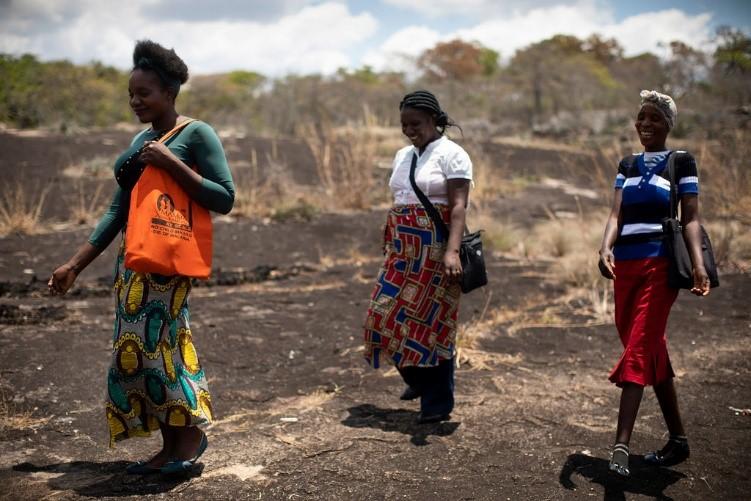
A Community Facilitator’s role is to mobilise communities, mentor and coach CHVs. and to create a link between communities and health facilities. Today, she continues working for MAM at Scale in the same capacity.
In April 2020, the MAM at Scale programme was able to integrate COVID-19 activities into its ongoing work. The environmental health specialist from Serenje District Health Office (DHO), Mr Chipasha, with support from the MAM@Scale team in Serenje, trained all nine Community Facilitators in Serenje District on COVID-19 preventative measures. Brenda and her colleagues then cascaded the training to all CHVs, who in turn cascaded the knowledge on COVID-19 safety measures to their communities.
Breaking barriers in accessing health services
To increase demand for health services at Kabamba RHC, Brenda came up with an initiative to break affordability barriers in accessing health services, by boosting community savings schemes and food banks through income generating activities. She managed to organise two communities, Mazembe and Chanikila, to successfully start a poultry business to raise money for the community. With the help of the MAM@Scale team in Serenje, Brenda invited Mr. Teddy Mabamba, a fisheries assistant from the Ministry of Fisheries, to facilitate training on fish farming to CHVs in Kabamba. Her plan is to ensure that community food banks and savings schemes in Kabamba are sustained.
Food banks and savings schemes are an important part of a community system. They are formed to address barriers in accessing health services at community level. These are usually small contributions made from the community under the guidance of CHVs and traditional leadership. In the past, many people died because they could not afford transport costs to reach the health facility. Furthermore, when admitted at the facility, patients did not have food since medical emergencies can come at any time. Because of the lock down that came with COVID-19, people could not do their normal work and many more people were likely to become reliant on food banks. Part of MAM at Scale’s COVID-19 response is to ensure that existing food banks in the communities receive much needed top ups.
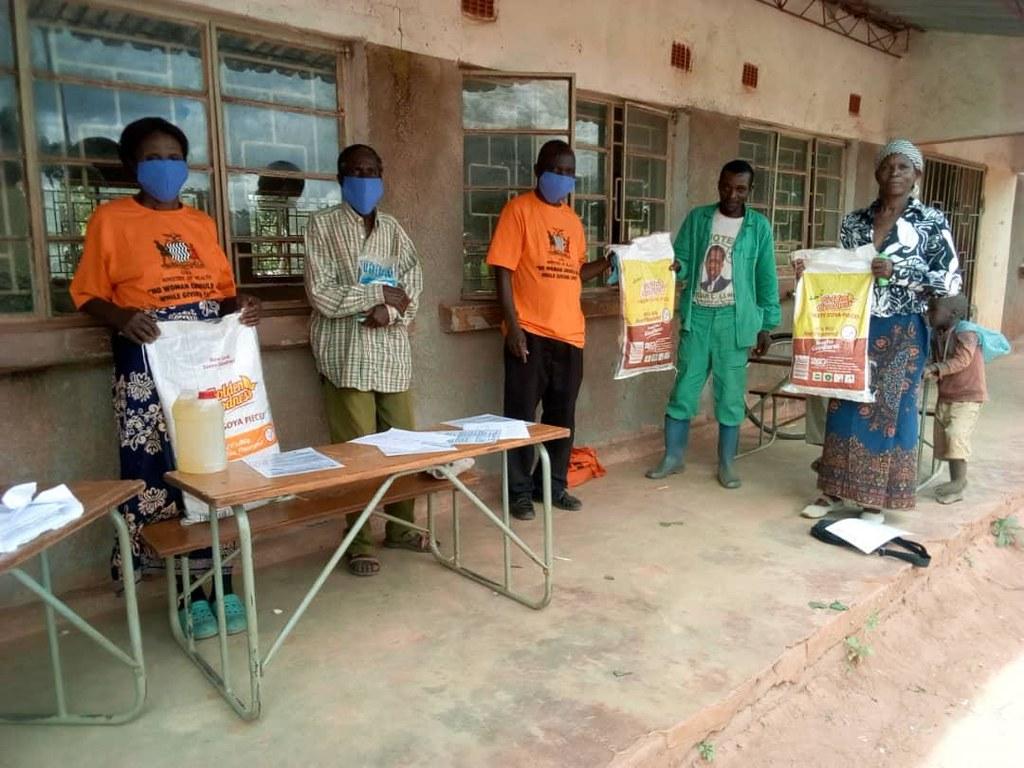
By following the COVID-19 safety measures, CHVs reduced the number of people attending focus group discussions to less than 10 per session while keeping a two-meter distance from each other. Wearing of facemasks to cover the mouth and nose and regular washing of hands with soap was strictly followed. MAM at Scale distributed face masks, hand sanitiser and gloves to all CHVs as part of the safety measures. CHVs stopped handling, washing or being near patients. Administering of RAS was delegated to the mother of the child.
Brenda has a good working relationship with the facility staff and CHVs at Kabamba RHC. ‘I regard them as family, the CHVs are very free to express their challenges and to share successes on how work is moving in their communities. Some CHVs have shared with me personal problems outside of work which shows the level of trust and respect they have in me. When CHVs conduct group discussion sessions focused on severe malaria and other childhood illnesses, participation from the community is good. I am happy that the community has accepted our approach and everyone in the community pass through the CHVs when going to the facility.’
The level of dedication Brenda has to her work means that not even distance can stop her. ‘When conducting field visits to the communities to support and mentor the CHVs, I start off at 5 AM on my bicycle and come back home late in the evening. In Kalibanama community where the villages are distantly spaced, I spend hours to reach villages in Chipendeshi where some CHVs are based. The terrain in Chipendeshi is very hilly which makes it impossible to ride a bicycle,’ Brenda said. CHVs divide their communities into four sections so that each one has their area of operation and they meet on selected days to aggregate and report their work.
Today Brenda’s dream of ensuring people can reach medical help when they need it has become true in Kabamba. Her community have embraced the work of CHVs and are no longer relying on traditional medicines.
Recent Posts


